The developer behind the incredibly popular MOBA League of Legends may have a major problem with discrimination against women. Over two dozen Riot Games employees past and present spoke out against alleged sexual harassment and misogyny at the company in a report from Kotaku’s Cecilia D’Anastasio, with one former employee calling the studio a place that “didn’t respect women.”
In Kotaku’s exposé, which is nearly 8,000 words long, both men and women detail the ongoing sexual harassment, discriminatory hiring practices, and rampant toxicity against women allegedly found throughout Riot. Sources across genders complained about a “bro culture” within the company that encouraged gender discrimination, including workplace harassment and “unsolicited” and “unwelcome” photos of men’s genitals from bosses and colleagues.
“The ‘bro culture’ there is so real,” one former employee told Kotaku. “It’s agonizingly real. It’s like working at a giant fraternity.”
Underlying Riot’s “bro culture” is a fundamental belief in meritocracy within Riot, one that may favor men over women in actual hiring practices. One woman recalled being forced to describe a specific item in World of Warcraft, as if her interviewer was “looking for holes in the story of her gamer upbringing.” Another woman said she was asked “How big is your e-peen?” while discussing her experience as a gamer. As one female employee complained in an email, Riot’s interviewers would allegedly find reasons to dismiss women interviewing for jobs, from saying female candidates were “too ambitious” to others simply being “annoying.”
“There are all these generic terms used to find things wrong with women that aren’t specific,” the woman reportedly asked about her World of Warcraft experience told Kotaku. “When I hear ‘She’s emotional,’ I’d say, ‘Okay, why do you think she was being emotional?’ ‘Well she seemed to get intense and was pushing back on this thing.’ The other candidate did that and you liked that because you thought he had ‘grit.’ Why is that different? Is it because this person is a different gender?”
Riot’s problems reportedly continued well after the hiring process. Multiple women told Kotaku that they were groomed for promotions, only to be passed up for the roles, which were handed off to less experienced men. Other women described being “talked over by men in meetings” and facing punishment for standing up for their ideas in the workplace.
In one case, a woman who joined Riot in 2016 described herself as being held back from promotions due to being “very direct” and providing “open feedback.” Another said she was passed up for a promotion after evading a superior at Riot that “came on to her,” D’Anastasio writes. That employee was later fired and walked out of the office “like a criminal.”
“The company dismisses feedback when it comes to gender,” one male Riot employee told Kotaku. “Riot is a new upstart company whose explicit mottos are ‘Challenge convention’ and ‘Feedback culture.’ To not see that reflected in the way Riot addresses social issues feels extra bad.”
Although D’Anastasio’s report remains one of the most thorough investigations into Riot to date, criticism about sexual harassment and allegations of misogyny have existed against Riot on the internet for quite some time. The company’s Glassdoor page reveals multiple employees complaining about “bro culture” and “harassment” at Riot Games.
An October 2016 post describes introverts, women, and transgender employees experiencing “subversive bullying” from “loud stereotypical alpha personalities.” In another post from June 2018, one employee wrote that Riot “would rather have a free smoothie bar and a PC cafe” than a daycare center, and that the company only has “one small closet for women to pump breast milk in.”
“If you’re a woman who is looking to succeed, you’re expected to act like a type-A man yet you cannot be TOO loud,” one former employee wrote in March 2017. “It was commonplace to find that feedback included gender-based slurs for women, but not for men.”
Employees past and present at Riot Games have since turned to Twitter with their own perspectives, shedding more light on Kotaku’s report. Katie Chironis, who is a senior narrative designer for Riot, explained in a Twitter thread that her team is “full of incredibly talented senior women” and that “multiple cool, senior women” interviewed her when she first began at Riot. While she has had positive experiences at the company, she also suggested that Kotaku’s reports may be true alongside her own, and that she supports any women who have been hurt.
Other past employees have opened up about their own experiences at Riot Games, with many praising D’Anastasio’s investigation. Jessie Perlo, who worked with Player Engagement and Communications at Riot Games, tweeted that she was “still recovering” from her time at Riot. Writer and narrative designer Devon Giehl supported Kotaku’s piece, saying she was “happy to see all of this finally brought to light” and that Riot “has a long way to go.” Kristen Fuller, a former player relations specialist for Riot, shared a thread of her own, saying that multiple women confided in her “about being sexually harassed at work.”
“[Women confided in me] about their asses being slapped, being groped at parties, or being raped at Riot events,” Fuller tweeted. “At first it was shocking. Then it became standard.”
Support from Riot’s former employees give credence to Kotaku and D’Anastasio’s report, suggesting that misogyny, sexual harassment, and gender discrimination may run rampant inside Riot. Yet as D’Anastasio explains, this problems seems to be bigger than Riot Games: This affects tech as a whole, which means other gaming companies may struggle with similar issues too.
“At tech companies like Riot, the gold rush of ideas and impact draws thousands of hopefuls who want to be a part of something great and make something of themselves in the process,” D’Anastasio wrote. “But like gold panners, some Rioters came out with connections, with the best technology, with secret maps, and with the encouragement of others who recognize in them some of themselves. Others—women, primarily—were handed sieves with wide holes.”
Update Aug. 7, 7:00pm CT: After this article’s publication, Riot Games contacted Dot Esports with an official statement pertaining to the Kotaku story:
This article shines a light on areas where we haven’t lived up to our own values, which will not stand at Riot. We’ve taken action against many of the specific instances in the article, and we’re committed to digging in, addressing every issue, and fixing the underlying causes. All Rioters must be accountable for creating an environment where everyone has an equal opportunity to be heard, grow their role, advance in the organization, and fulfill their potential.
From the beginning we’ve had a zero tolerance policy on discrimination, harassment, retaliation, bullying, and toxicity. As we’ve grown, we’ve made progress, and we’ve continued to put resources behind our Diversity & Inclusion programs as part of constantly improving Riot. We recognize we still have work to do to achieve our goals, which starts with listening to feedback from Rioters and others, and providing Rioters with the guidance and resources they need to uphold our values. You can read more about our D&I work here.



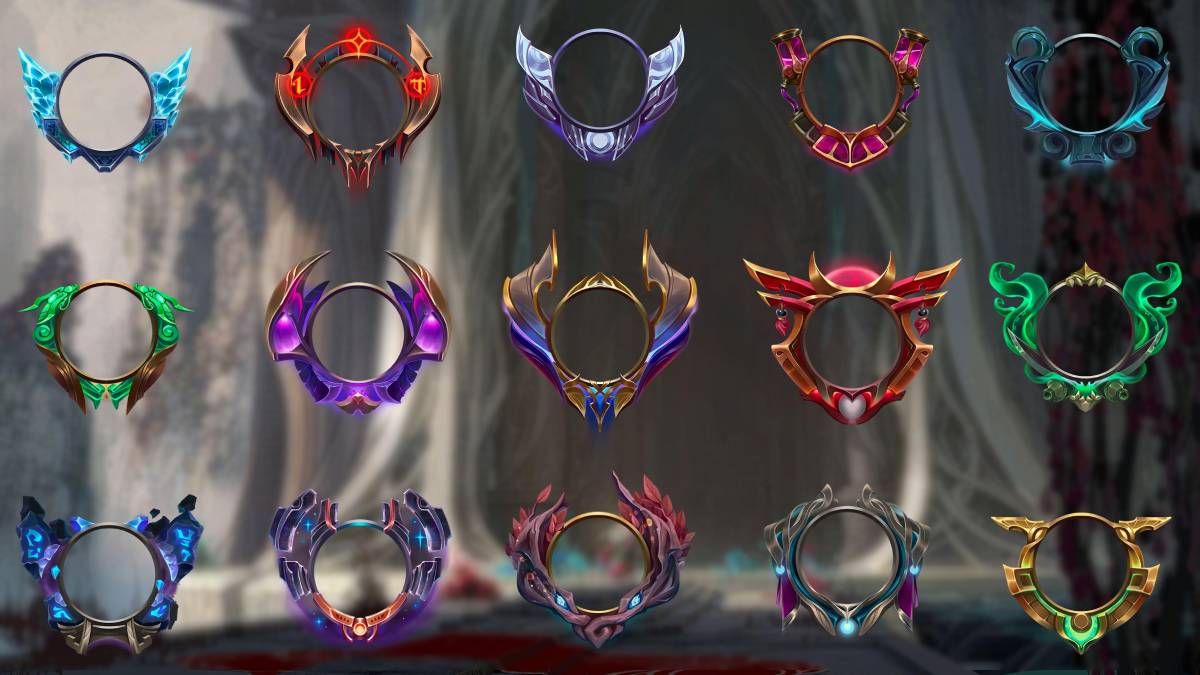
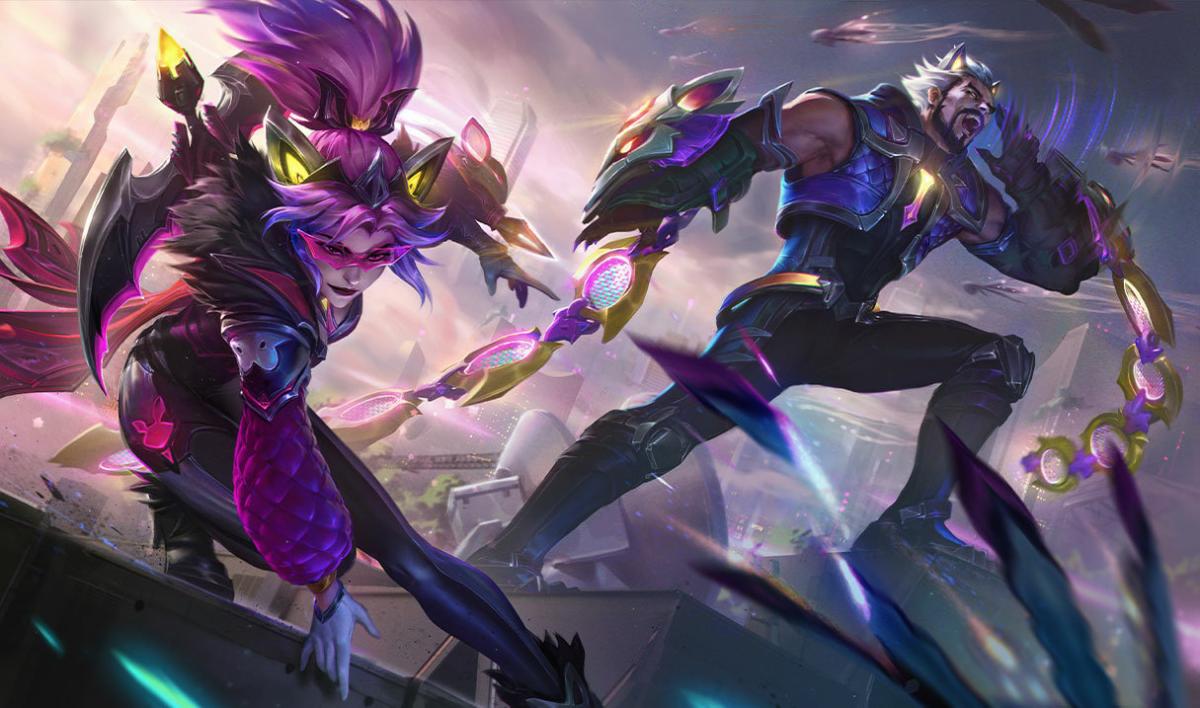

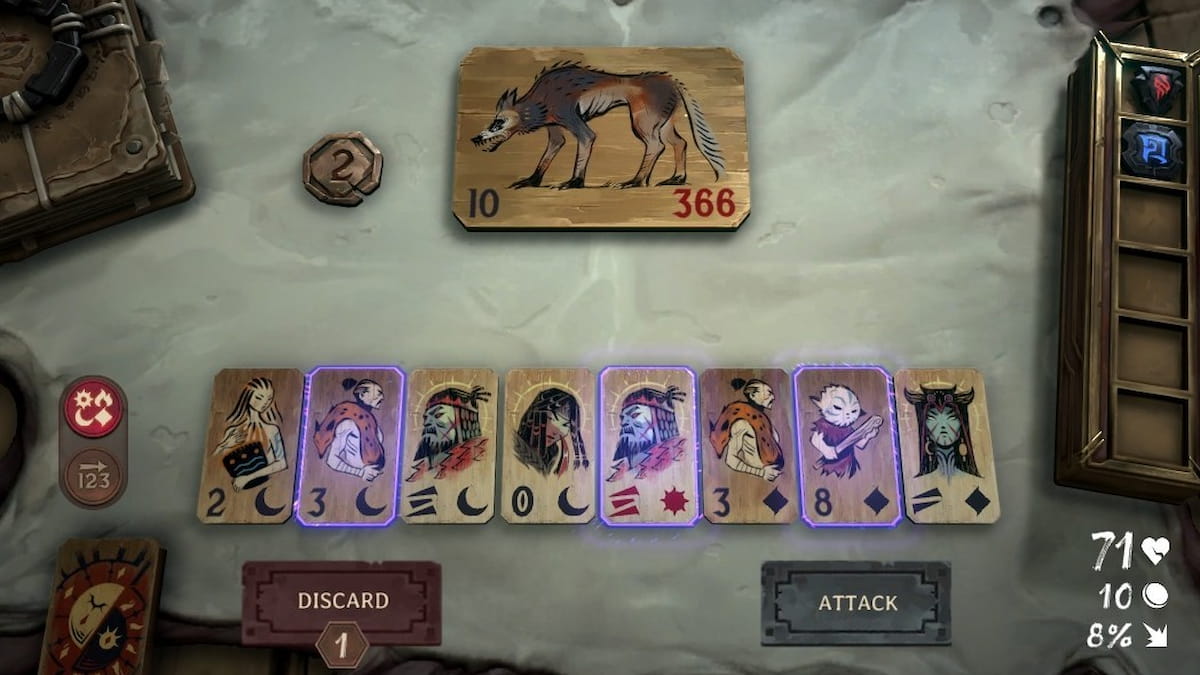


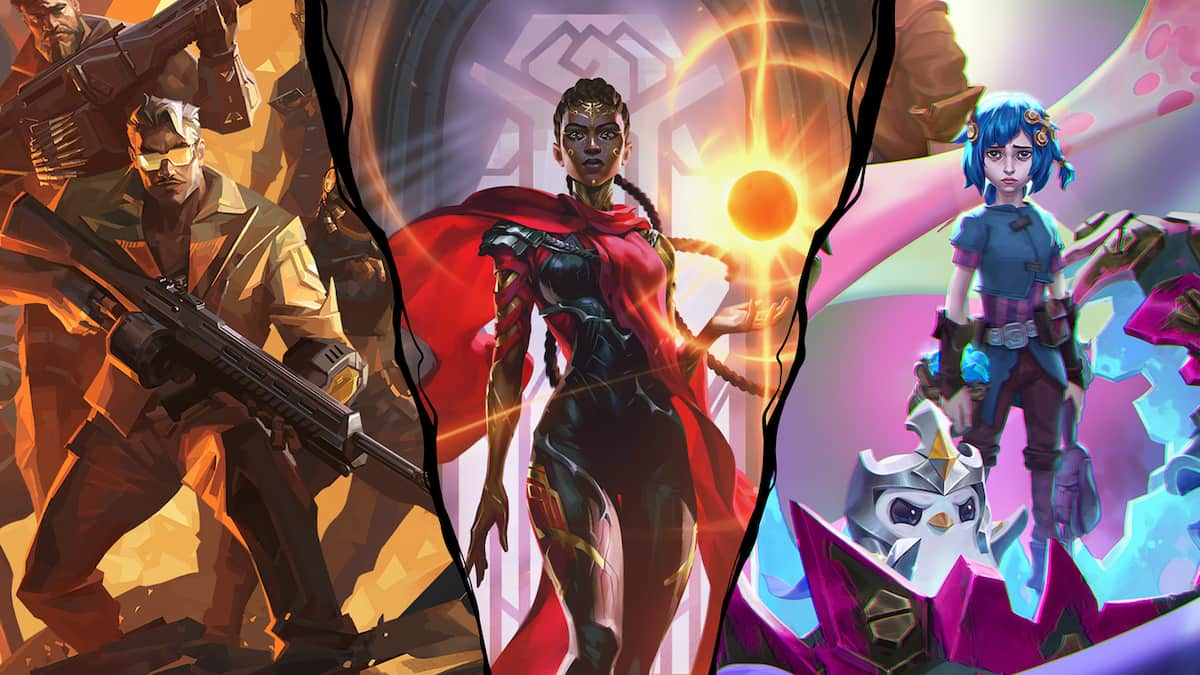
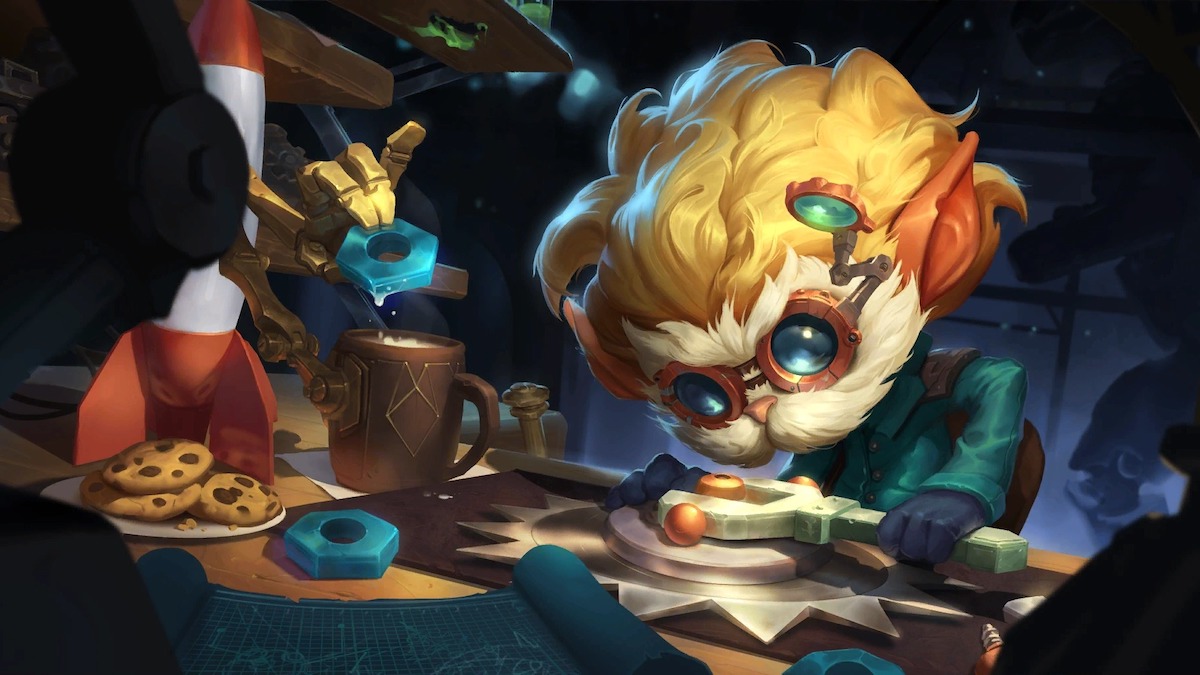


Published: Aug 7, 2018 04:40 pm